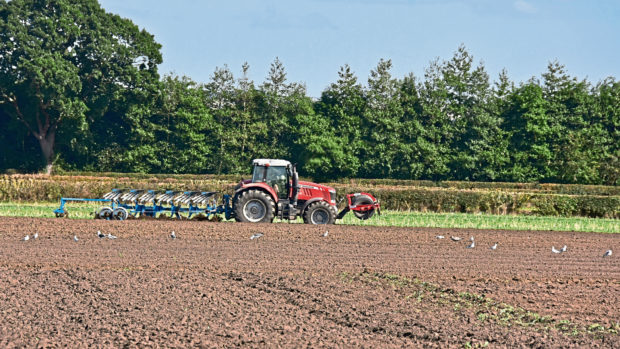An international study into soil erosion has found that more than 90% of conventionally-farmed soils are thinning, with 16% of them having lifespans of less than a century.
However the study, led by Lancaster University in collaboration with researchers from China and Belgium, also concluded that the longevity of soils can be extended by the use of conservation techniques.
Lead author Dr Dan Evans, of Lancaster University, said while recent headlines suggesting that the world’s topsoil could be gone in 60 years had not been supported with recent scientific evidence, his group’s study of data from 255 locations across 38 countries provided evidence-backed relevant estimates of soil lifespans.
He added: “Our recent study shows that soil erosion is now a critical threat to global soil sustainability, and we now require urgent action to prevent further rapid loss of soils and their delivery of vital ecosystem services.”
Both conventionally farmed soils and those which are managed using conservation techniques were examined to find out how changes to land-use and management practices can extend lifespans.
The resulting data showed that soils which were managed with conservation strategies tended to have longer lifespans, and in some cases these practices promoted soil thickening. Only 7% of soil under conservation management had lifespans shorter than a century, and nearly half exceeded 5,000 years.
The study, which is published in the journal Environmental Research Letters, found that cover cropping, ploughing along contours and hill slope terracing were beneficial for lengthening soil lifespans.
However, the most effective measure was found to be converting arable land to forest.
nnicolson@thecourier.co.uk










